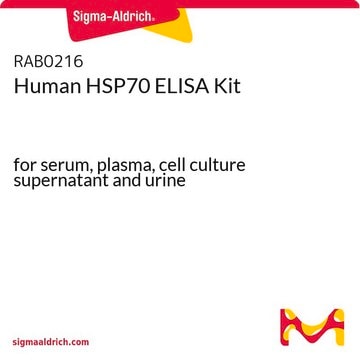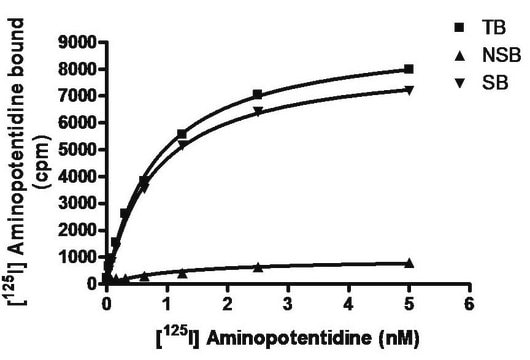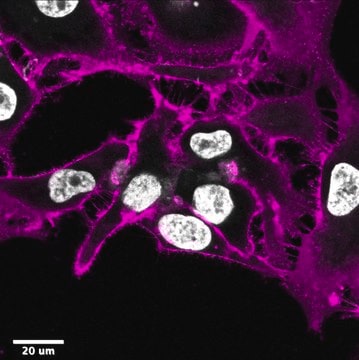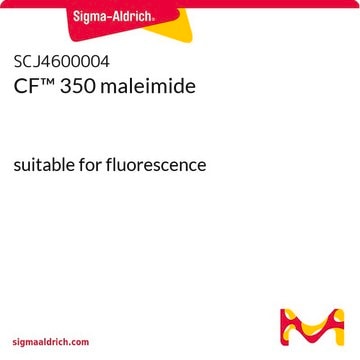ABS2118M
Anti-phospho RasGRP2 (Ser586)
from rabbit
Synonyme(s) :
RAS guanyl-releasing protein 2, Calcium and DAG-regulated guanine nucleotide exchange factor I, CalDAG-GEFI, F25B3.3 kinase-like protein
About This Item
Produits recommandés
Source biologique
rabbit
Niveau de qualité
Forme d'anticorps
affinity isolated antibody
Type de produit anticorps
primary antibodies
Clone
polyclonal
Espèces réactives
mouse, monkey
Réactivité de l'espèce (prédite par homologie)
rat (based on 100% sequence homology)
Conditionnement
antibody small pack of 25 μg
Technique(s)
western blot: suitable
Isotype
IgG
Numéro d'accès NCBI
Numéro d'accès UniProt
Modification post-traductionnelle de la cible
phosphorylation (pSer586)
Informations sur le gène
mouse ... Rasgrp2(19395)
Description générale
Spécificité
Immunogène
Application
Signaling
Western Blotting Analysis: A representative lot detected phospho RasGRP2 (Ser586) in RasGRP2 purified from GST-Rasgrp2 transfected COS-7 cells and phosphorylated by GST-PKAc alpha, Forskolin stimulated mouse striatal slices (Courtesy of Dr. Kozo Kaibuchi at Nagoya University, Japan).
Qualité
Western Blotting Analysis): A 1:1,000 dilution of this antibody detected RAS guanyl-releasing protein 2 purified from GST-RasGRP2 transfected COS-7 cells and phosphorylated on Ser586 by GST-PKA catalytic subunit alpha (PKAc alpha).
Description de la cible
Forme physique
Stockage et stabilité
Autres remarques
Clause de non-responsabilité
Vous ne trouvez pas le bon produit ?
Essayez notre Outil de sélection de produits.
Mention d'avertissement
Warning
Mentions de danger
Conseils de prudence
Classification des risques
STOT RE 2 Oral
Organes cibles
Kidney
Code de la classe de stockage
10 - Combustible liquids
Classe de danger pour l'eau (WGK)
WGK 1
Certificats d'analyse (COA)
Recherchez un Certificats d'analyse (COA) en saisissant le numéro de lot du produit. Les numéros de lot figurent sur l'étiquette du produit après les mots "Lot" ou "Batch".
Déjà en possession de ce produit ?
Retrouvez la documentation relative aux produits que vous avez récemment achetés dans la Bibliothèque de documents.
Notre équipe de scientifiques dispose d'une expérience dans tous les secteurs de la recherche, notamment en sciences de la vie, science des matériaux, synthèse chimique, chromatographie, analyse et dans de nombreux autres domaines..
Contacter notre Service technique








